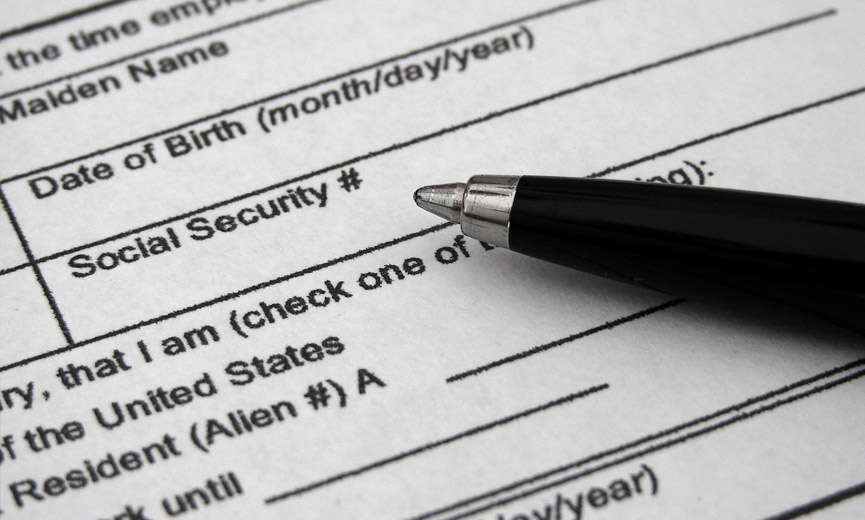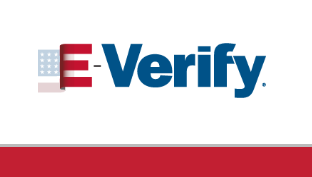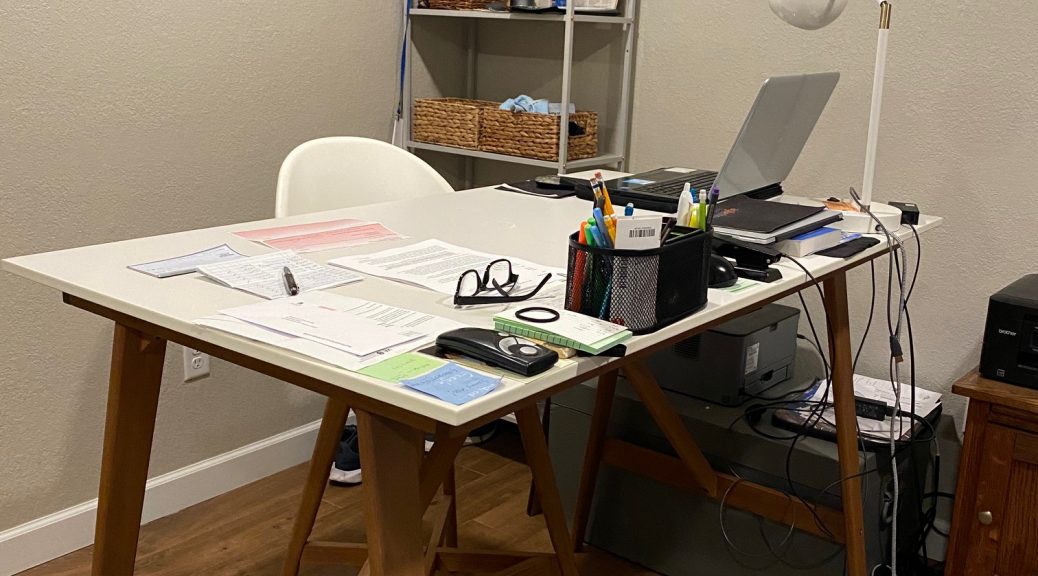We often talk to clients who have an employee who has started to demonstrate a poor attitude at work (non-cooperative, lack of communication, negative comments, etc…) at work. Can these employees be saved? When addressing an employee’s attitude problem in a performance review, it’s important to provide constructive feedback that focuses on specific behaviors and offers guidance for improvement. Trying to address problem employees requires careful language and an emphasis on believing in their potential for improvement. Here are some performance review phrases that can help address performance problems and attitude issues while maintaining a professional and supportive tone:
- Problematic Communications – “I’ve observed instances where your communication style has come across as negative and dismissive. It’s important to work on conveying your ideas and feedback more respectfully and openly. It will encourage better communication and collaboration.”
- Impacting Others – “It’s important to be aware of how your words and actions impact others and it can greatly improve team dynamics. Please work on being more attuned to your colleagues’ needs and the impact of your actions and words.”
- Adaptability – “During challenging situations, maintaining a flexible attitude is key. I’d like to see you respond to changes and challenges with a more adaptable and solution-oriented approach.”
- Managing Conflict – “Strive to handle disagreements in a more diplomatic and calm manner, seeking common ground and understanding. Focus on resolving disagreements with a cooperative and solutions-oriented mindset.”
- Customer Service Oriented – “In customer interactions, a positive attitude is essential. I encourage yiou to work on delivering exceptional service by projecting a more approachable and helpful demeanor.”
- Being Team Oriented – “Your attitude and deameaner has a direct influence on our team dynamics. Taking action to foster a more positive atmosphere, you can contribute to a more cohesive and productive team. You can impact the team more effectively by showing a positive attitude.”
The key to constructive feedback during a performance review is to provide specific actionable recommendations that focuses on observed behaviors and suggests ways for improvement. Frame the feedback in a way that presents the problems and encourages the employee to take ownership of their attitude and actively work towards a positive change.









